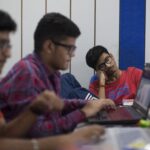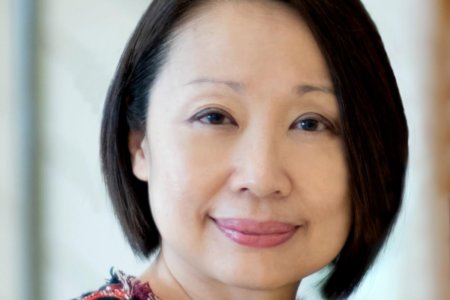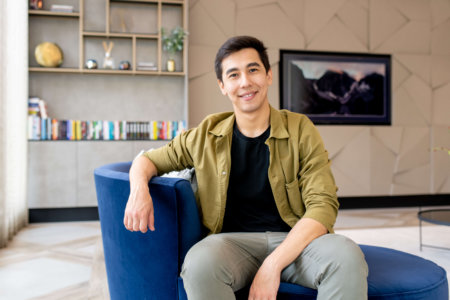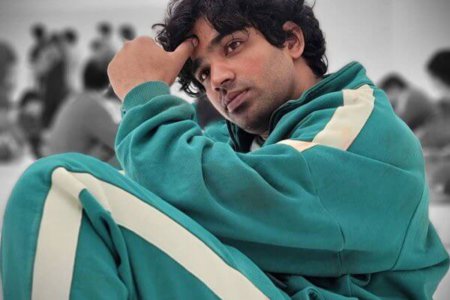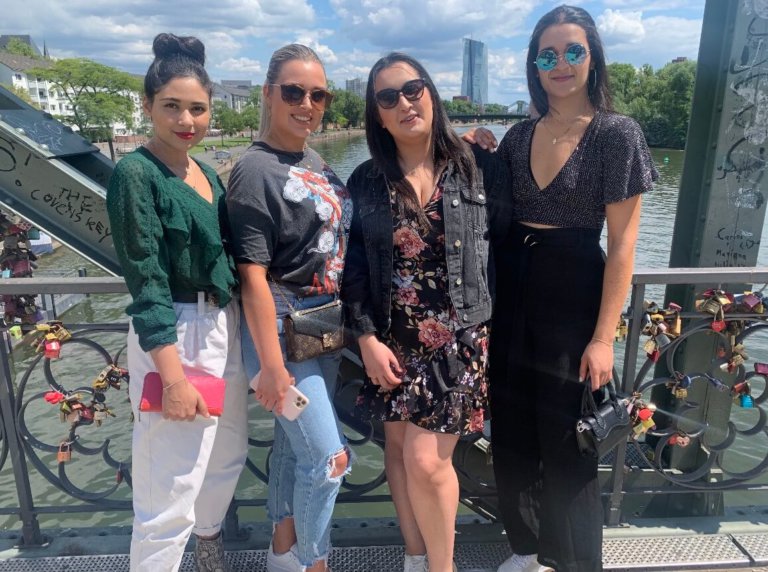
Sanae and Abla Serghini are two sisters who hail from Morocco and have both made careers in the finance industry before studying. Now, they are living in Germany and on track to get their master’s in finance from the Frankfurt School of Finance and Management.
Sanae previously studied at HEC Lausanne and Bordeaux School of Economics in Switzerland before she started working as a banking analyst and a risk analyst. Abla studied at ESSEC Business School in France and took part in several internships.
We talk to these two sisters about their interest in finance, their study experience and what living in Germany has been like so far:
Where does your passion in finance stem from?
Sanae: I’ve always considered finance an exciting and powerful industry. Growing up, I got involved in my parents’ companies and investments which allowed me to develop critical and valuable analytical skills that fired up my passion for finance and investment banking.
Furthermore, the finance industry always provides opportunities to grow, learn and sharpen skills that are transferable across a variety of sectors. I find the constant innovation and fast-paced environment particularly attractive.

“When I was doing my bachelor’s in business administration at ESSEC Business School, I was thrilled at the prospect of attending my finance classes,” Abla says. Source: Abla and Sanae Serghini
Abla: When I was doing my bachelor’s in business administration at ESSEC Business School, I was thrilled at the prospect of attending my finance classes. I had a special affinity with numbers and the more complex the problems were, the more invested I would be.
At the start, I wanted to specialise in political sciences but as semesters went by, my performance in finance classes was outstanding. So, I gave it a shot.
Having the chance to do an internship in the sector made me have a revelation that I only thrive in what I like since I don’t consider work in finance as “work.” More a passion than an obligation.
Before living in Germany, what made you want to study abroad?
Sanae: Switzerland is one of the world’s most important banking and finance centres in the world. I benefited from a multicultural environment and a lot of networking opportunities that pushed me to study business law as well as finance.
When I went to study in France, I was already familiar with the French education system as I got my high school degree at the French High School of Rabat. There, I also worked as I studied at an investment bank in Paris and London.
Abla: I chose France for several reasons but being away from home isn’t easy. The similarities in the French and Moroccan cultures comforted me in the transition.
On the other hand, I believed it was important to attend an outstanding school that would open doors for me. Furthermore, the curriculum in France offered great exposure at an international level. This wasn’t provided in Morocco or any other country on my list.
What did you like most about your study abroad experience before heading to Frankfurt? Do you think it would have made a difference studying at a local institution?
Sanae: I really enjoyed living abroad. I particularly enjoyed discovering and appreciating other cultures while overcoming the challenges of living along and meeting people from all over the world.
However, I completed my bachelor’s and master’s in business law in Morocco and I’m currently enrolled in a PhD in Law. Studying locally and internationally has allowed me to build an atypical profile with a peculiar set of skills which increases my potential for recruitment.
Abla: In France, I was at the paroxysm of internationalisation and diversity. Every day, I was learning something new about a different culture.
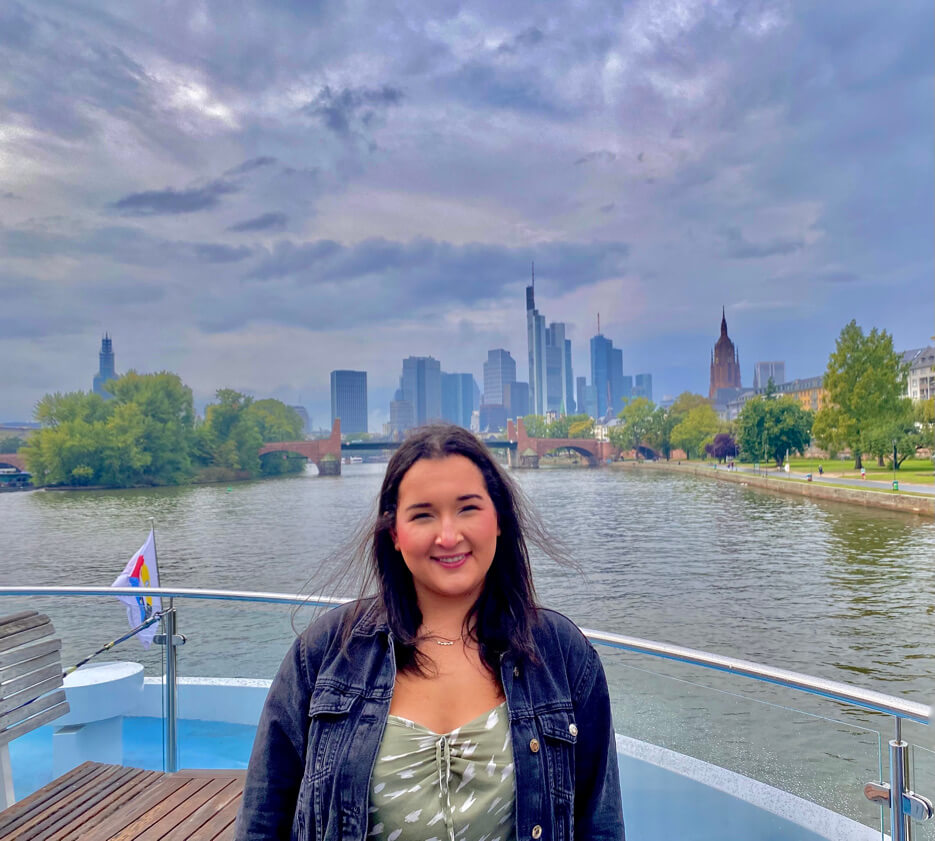
“I’ve always considered finance an exciting and powerful industry,” Sanae says. Source: Abla and Sanae Serghini
Studying abroad gave me the opportunity to discover a whole new world, responsibility and discipline. If I pursued my education locally, I’m not sure I would have been as independent as I am now or exposed to diversity.
Moreover, it wouldn’t have provided the necessary background to obtain my dream internships or learn a fourth language. I’m grateful for the chance and the diverse learning experience.
What made you choose to pursue a master’s in finance at the Frankfurt School?
Sanae: I was in Munich when the time came to apply for my master’s so my selection process was to directly ask professionals around me about the reputation of the programmes I was accepted to. Most opinions lead to the Frankfurt School.
This would allow me to get the education I needed to pursue my career while giving me a significant additional advantage over other graduates entering the German market. The three-day study model was a perfect fit for me as I continued gaining professional experience as well.
Abla: In my last year of my bachelor’s, I was given the opportunity to do a double degree at a German institution. That experience was beyond expectations — the culture, food, and people were so different to my experience in Paris.
Learning the language was exciting and interacting with people was a thrilling experience. It became clear to me that I had to stay and find an institution that would enable me to thrive. Frankfurt School is prestigious and notorious and with the three-day model structure, I had the chance to work in financial services too.
List your top three favourite things about living in Germany.
Sanae: I really enjoy living in Germany as it’s a central location in Europe and Frankfurt is a city that offers a lot. It’s full of museums, the skyline is amazing and the city is the perfect balance of modern and traditional structures.
Moreover, Germany is also full of breathtaking natural landscapes and amazing castles. Living in Munich was also the perfect opportunity to visit the many natural lakes of the region.
Abla: German people. When I first travelled here, I discovered amazing, caring, open, supportive and helpful people.
Secondly, the infrastructures and transportation. Having lived in Paris where the transport system was a nightmare, I love the contrast of how efficient on-time it is in Germany.
Lastly, its history. Living in a country with deep history is fascinating and every day I’m learning something new.
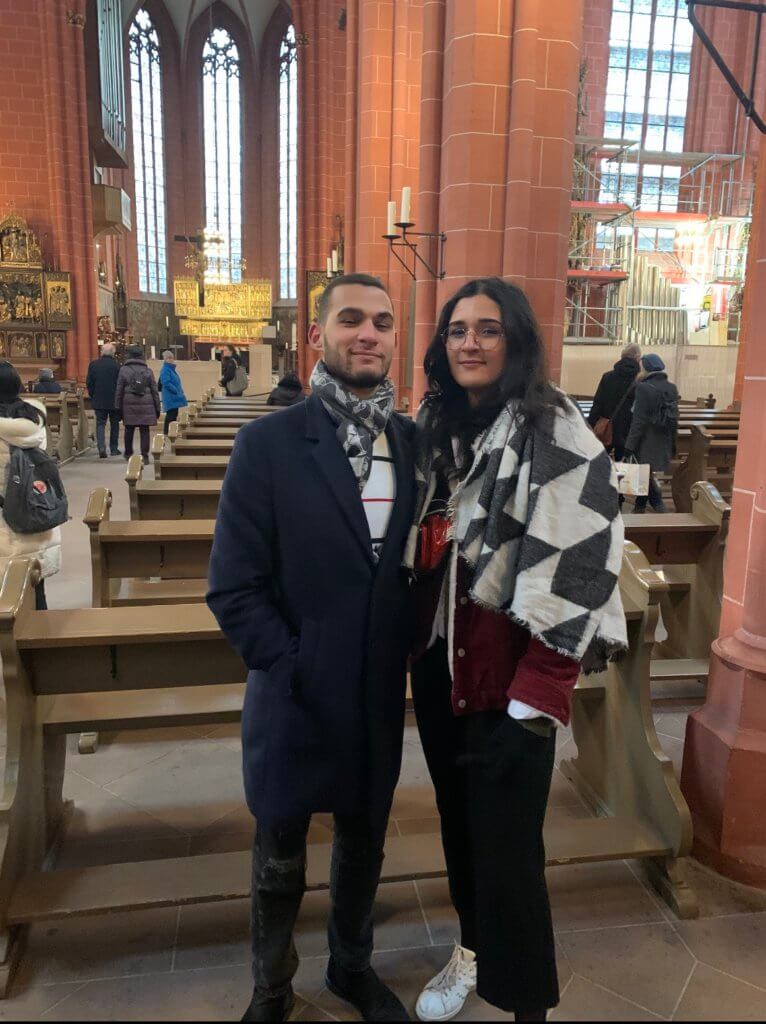
“Studying abroad gave me the opportunity to discover a whole new world, responsibility and discipline,” Abla says. Source: Abla and Sanae Serghini
Can you share some memorable, non-academic experiences thus far?
Sanae: My hiking trip from Kronberg to Burg Falkenstein to Koenigstein was amazing. The hike was around 12 kilometres and was full of discovering small villages, ancient castles and walking through forests.
Abla: It would be biking and hiking in Taunus for me. It gave me exciting insights into nature, culture and landscape. Frankfurt is a metropolitan city always in effervescence so escaping to Taunus was breathtaking.
Tell us a bit about home. What would you show us?
Sanae: I was born and raised in the capital city of Morocco — Rabat. It’s big and vibrant and rich in historical heritage.
You can visit sites like Chellah that features medieval and Roman ruins, the Mausoleum and the Hassan Tower that characterise the embodiment of Moroccan architecture, and the Oudayas that are the old gates of the city.
Most of the city is inscribed on the UNESCO World Heritage list as cultural property. Something you should not miss out on is the 10-week Mawazine Festival held every May with over 2.5 million people over dozens of stages around the city.
Abla: If someone were to visit, the first stop would be the Kasbah of the Udayas — a compact maze of scurrying alleys with whitewashed houses trimmed with blue. It’s a 17th-century palace in Kasbah displaying pottery, Korans, musical instruments, traditional clothing and so on.
Have you explored the region? What location has stood out to you?
Sanae: Unfortunately, I moved to Frankfurt during the second lockdown. However, I had the chance to visit Bavaria last summer where Garmish Partenkirchen stood out for me for its beautiful landscapes and the historic heritage it carries.
Abla: I did a lot of exploring around the region and Heidelberg really stood out for me. Its beautiful castle, historic buildings, and impressive memorials and landscapes were breathtaking.
What’s your most and least favourite German food?
Sanae: A good thing about living in Germany and in particular Frankfurt is that it has many nationalities and consequently, a whole array of restaurants to meet all taste palates. The German cuisine is quite peculiar especially because it’s so different from the Moroccan one.
However, I enjoy “Grüne Soße in Apfelwein Wagner” (pork in green sauce and apple wine) especially at traditional restaurants in the Sachsenhausen area. However, I’m not particularly thrilled with Frankfurter sausages.
Abla: I can’t compare Moroccan food to German food as food from home is exotic, full of spices and taste. I find the German food basic in comparison but my favourite is the “schnitzel” (thinly pounded fried breaded meat) with green dressing and my least favourite would be the “currywurst” (fried pork sausage with ketchup and a side of fries).
What do you miss from home and how do you substitute it?
Sanae: I miss big family gatherings with nice Moroccan dishes like “couscous” (type of grain) that we usually eat on Fridays or the different “tajines” (type of dish) with meat and fresh vegetables. Thankfully, Frankfurt is only a three-hour plane ride from home. Alternatively, I try to cook from time to time if my schedule allows it.
Abla: I miss my family and the weather. I can’t substitute them with anyone but my friends here are my support system. It’s important to find people you love and care about when you live away from home.
What would your advice be for students looking to study abroad in Europe?
Sanae: After Brexit, I’m convinced that the place to be (if considering a career in finance) is Frankfurt. The city really offers the experience of living in a major financial hub for a moderate cost.
There are many professional opportunities and studying and living in Germany is an undeniable advantage to network and set up the best foundations. Don’t let the language be a barrier! Nothing is more rewarding than challenging yourself, struggling and coming out stronger.
Abla: I would advise you to be open, daring and not be afraid of cultural barriers. It’s always scary to move somewhere totally different but it’s the most exciting. You get to be continually amazed and take part in an amazing experience with new things that you haven’t taken part in. Just be open and be yourself — it’ll come naturally.




